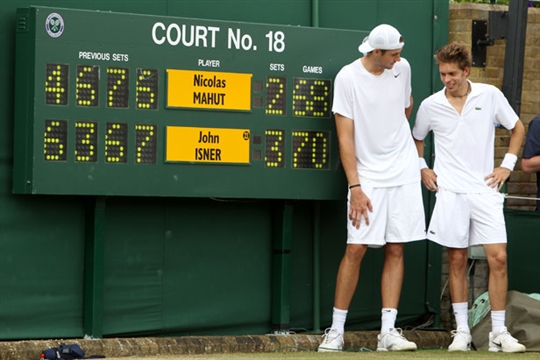Make it Competitive
Sun, 01 Oct 2017 00:00

What is a competitive game? Is it simply one in which both players are striving to defeat the other? a game in which only one can succeed? Or does a competitive game imply a degree of equality in the ability of the contestants? Are their circumstances in which both players can benefit from competition?
The enemy of pre maturation sport is size and speed. Rugby matches are dominated by the large, athletic boys, netball games by the tallest girls under the net: hockey and tennis by the early maturers who can hit it hardest. youth sport is therefore more vulnerable than the adult version to the one sided game. While this should be widely feared, and be considered to an extent of being a "waste of time" most governing bodies use physical criterias to determine their players of the future.
Some coaches disagree with that approach. These coaches have strategies to re-balance a one sided contest in the interests of improving the experience for children. This is precisely because participation in a relatively equal contest is regarded as superior for all players.
Striving in an environment where triumph is achievable, but not inevitable, is the best sport's experience. The excitement of competition depends upon uncertainty of outcome: the "contest" assumes a situation which is testing.
All sports have structures and hierarchies to maximise the frequency of close competition. Leagues achieve that, by grouping teams by ability. At its best, this provides a range of experiences for participants. Many sports claim to teach the capacity to win with modesty and lose with dignity. This can only be achieved through a range of competition which provides the opportunity to experience both. Learning to deal with disappointment is more successfully achieved where that feeling is most intense - at the end of close fought game.
Maybe the evaluation of the success of a programme should reflect this priority? Instead of simply recording wins, draws and losses, maybe there should also be an analysis of the proportion of the games which were "competitive".
This is why at 10is Academy, while we follow the LTA mini tennis structure, we are not afraid to promote our players at an early age if their deserve a place in a more competitive group. We are not afraid either to keep a child in a same group a little bit longer than expected as long as the coaching team knows it is helping the player. Our role is to ensure your child gets the best possible experience.